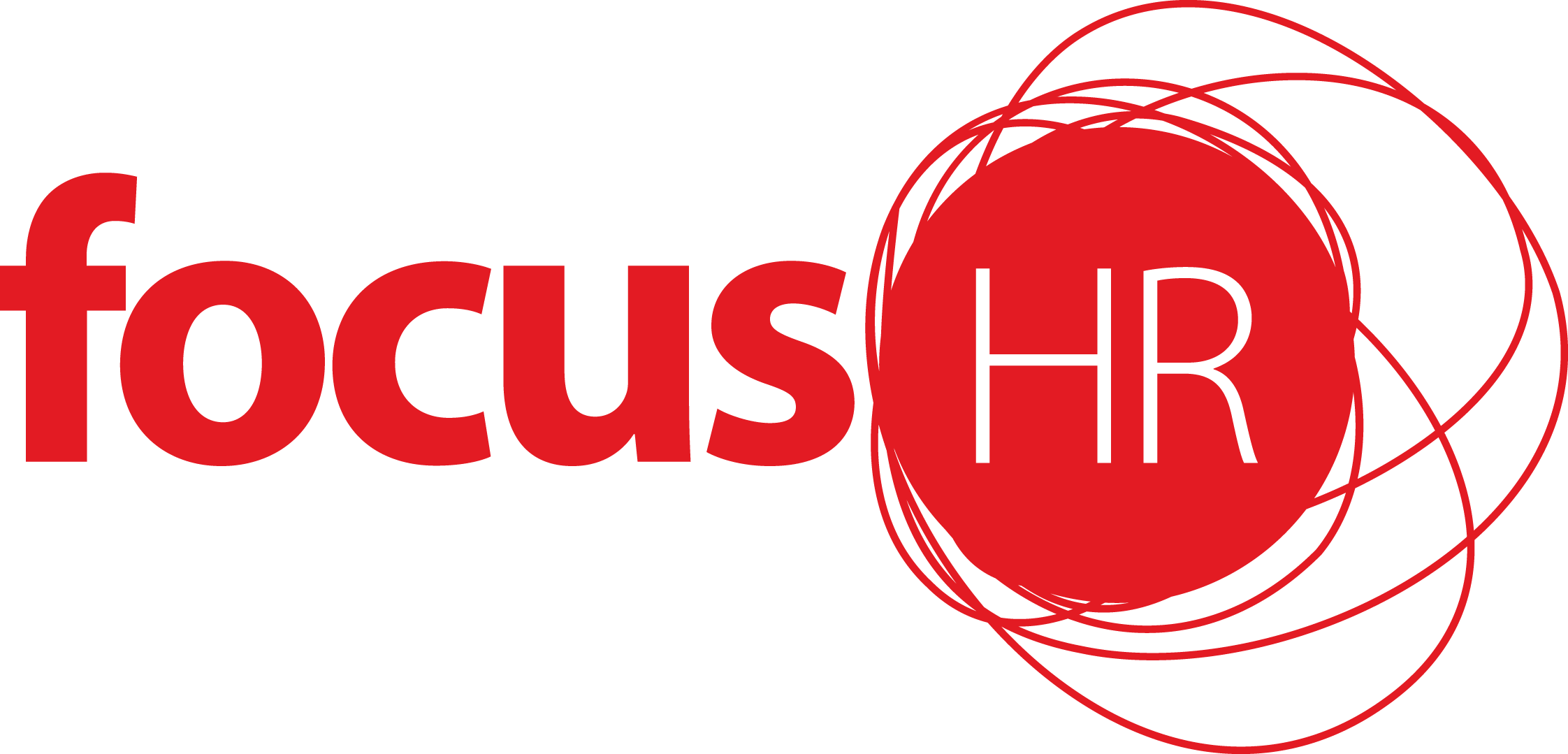“Most people spend more time and energy going around problems than in trying to solve them” – Henry Ford
How many times have you heard or thought ‘management would be easy…if it weren’t for the people!’. Through our work with our clients, people issues (or the avoidance thereof) are one of the main challenges, not just for clients, but for us too! Why for us, you ask? This is meant to be our jam! Unfortunately, these conversations are all too familiar, and could well be avoided:
‘There was problems with Sue not following direction during her probation, it’s now 10 months down the track and it’s a bigger issue – we just need to get rid of her.’
‘Jo hasn’t had the right attitude from the start and there has been some safety concerns over the last few months, but we just haven’t had the time to address it. Now he’s had an injury at work – what can we do?’
‘Penny was a great worker in our warehouse and was promoted to team leader about 2 years ago now. Since then, we’ve lost about five employees in her area. They’ve all told us it’s because Penny is rude and abrupt. Her productivity is great though, but we just can’t keep staff’.
Performance management avoidance is a significant risk to any business – it takes up valuable time and resources, and results in greater frustration and anguish, lost productivity, below par performance, unhappy customers and even risks the loss of other key employees.
So how do you prevent this?
- Have clearly defined expectations, right from the start!
- Address issues as soon as possible
- Have regular feedback conversations with your team – the good, the bad and the ugly
- Agree on action plans to improve performance issues
- Communicate outcomes of continued poor performance
- Follow up!
And remember, if you think it’s all too hard and you don’t have the time right now…these issues rarely go away on their own, in fact they tend to get bigger, more complex and have a wider impact.
Leadership expert, John Spence captures this perfectly when he writes “When you hesitate to hold someone accountable, you’re not being kind to them. You are setting them up for failure. In the short term, their poor performance will negatively impact others in the organisation. If left unchecked, it might lead to that person’s termination. Showing compassionate accountability allows you to be empathetic yet still help people do their job effectively.”
If you’re still not convinced, then by all means, delay. But please… be sure to put aside more time and resources to deal with it later!
Our Leading Teams Workshop – Challenging Employees – could be a great help for you. Or get in touch with us to see how we can assist.

